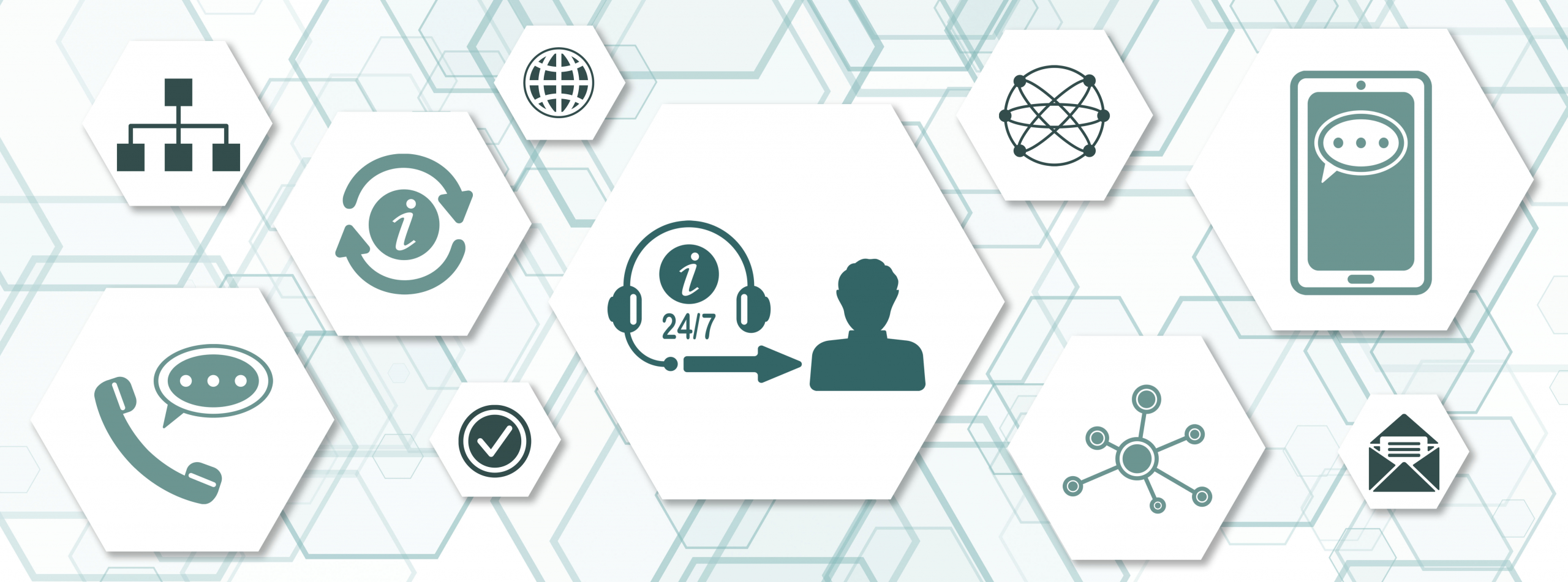Deepfake Audio: Why Contact Centers Need Technological Intervention
The global transition to digital economies has made contact centers the primary, if not only, human point of interaction between enterprises and their customers. Consequently, the contact center remains a primary attack surface for fraudsters, particularly as most still rely on human controls and decision-making. Cybercriminals frequently exploit these centers as an entry point, employing sophisticated tactics like deepfake audio to impersonate legitimate customers. With the rise of generative AI, fraud in contact centers has intensified, underscoring the urgent need for these centers to adopt advanced fraud detection solutions and stay ahead of this rapidly evolving threat.
Recent statistics highlight the severity of this issue: 28% of adults have fallen victim to AI voice scams, while an alarming 46% are unaware that such scams even exist. This lack of awareness creates an environment where deepfake fraud can flourish, particularly in contact centers where the voice channel is the main form of communication. The sophistication of deepfake audio technology allows hackers to replicate a person’s voice using as little as three seconds of audio, making it nearly impossible for human agents to distinguish between genuine and fraudulent callers. Technological intervention is key in combating voice channel attacks.
The Growing Impact on Contact Centers
In many use cases, from government services to banking to healthcare, the contact center is the primary hub for customer onboarding and authentication, and contact centers play a pivotal role in ensuring secure access to payments, services and accounts. Yet, this also makes them increasingly vulnerable to deception. Deepfake audio scams exploit AI technology to clone voices, making traditional security systems like passwords or simple knowledge-based authentication no longer sufficient to counter AI-driven fraud. Given that contact centers are often the gateway to sensitive information, the risks posed by these attacks open the door for cross-channel fraud.
Many contact centers have yet to implement advanced AI-based fraud detection. This growing threat requires more than traditional security measures. As hackers refine their tactics, organizations must adopt advanced technologies to stay ahead of fraudsters.
ValidSoft’s Triple Defense Strategy: The Solution for Deepfake Audio Threats
To effectively combat the threat of deepfake audio, organizations must employ a layered security approach. ValidSoft’s “Triple Defense Strategy” provides exactly that by addressing three critical areas: verifying that the caller is human, confirming that they are the genuine customer, and ensuring that the agent handling the interaction is authorized. This multi-tiered approach offers robust protection for voice channels and contact centers.
- Is it Human? The Deepfake Check
The first and most crucial line of defense against deepfake audio is ensuring that the voice on the line is genuinely human. ValidSoft’s deepfake detection technology monitors calls in real-time, using sophisticated algorithms to identify synthetic audio generated by AI. This ensures that any call placed to a contact center, IVR, or agent is first verified as being human and not a computer-generated imitation. This level of protection is vital as deepfake attacks become more realistic and prevalent. - Is it the Genuine User? Voice Biometrics Verification
The second layer of defense focuses on verifying the identity of the caller. ValidSoft’s voice biometrics technology ensures that the person interacting with the system is indeed the legitimate customer. By creating unique voiceprints for each user, the system can confirm the caller’s identity in real-time, regardless of language, dialect, or accent. This verification process is seamless and eliminates the need for traditional authentication methods, such as PINs or security questions, which are becoming increasingly vulnerable to fraud. - Is it the Authorized Agent? Agent Voice Verification
While customer verification is critical, it is equally important to ensure that the agent handling the interaction is authorized. A significant proportion of fraud originates from within contact centers themselves, often due to unauthorized access. ValidSoft’s agent verification technology ensures that only authorized personnel can manage customer interactions, adding another layer of security that protects against internal threats, whilst also ensuring regulatory compliance and engendering trust with their customers.
The Need for Advanced Technological Solutions
As AI-driven deepfake audio becomes more sophisticated, organizations must prioritize technological solutions that offer real-time protection. ValidSoft’s deepfake detection technology provides a comprehensive defense system that adapts to the evolving nature of fraud. This system is not only highly accurate but also operates in a way that is invisible to both customers and agents, offering seamless security without compromising user experience.
Moreover, ValidSoft’s solution is entirely language-agnostic, making it a versatile tool for global contact centers. This is particularly crucial in today’s interconnected world, where institutions operate across multiple regions and languages. ValidSoft’s technology ensures that no matter where a call originates or what language is spoken, the same level of protection is maintained.
A Call to Action for Global Contact Centers
All organizations have a responsibility to protect their customers from the growing threat of deepfake audio fraud. As reputable entities, they must adopt advanced security solutions to ensure that their contact centers can accurately verify the identity of callers and prevent fraudsters from gaining access to sensitive information.
By implementing solutions like ValidSoft’s Triple Defense Strategy, organizations can safeguard their customers, prevent identity theft, and financial losses, and maintain the trust that is essential to their reputation. The time to act is now, as the sophistication of deepfake audio scams continues to rise.
Contact us today and request a demo!

